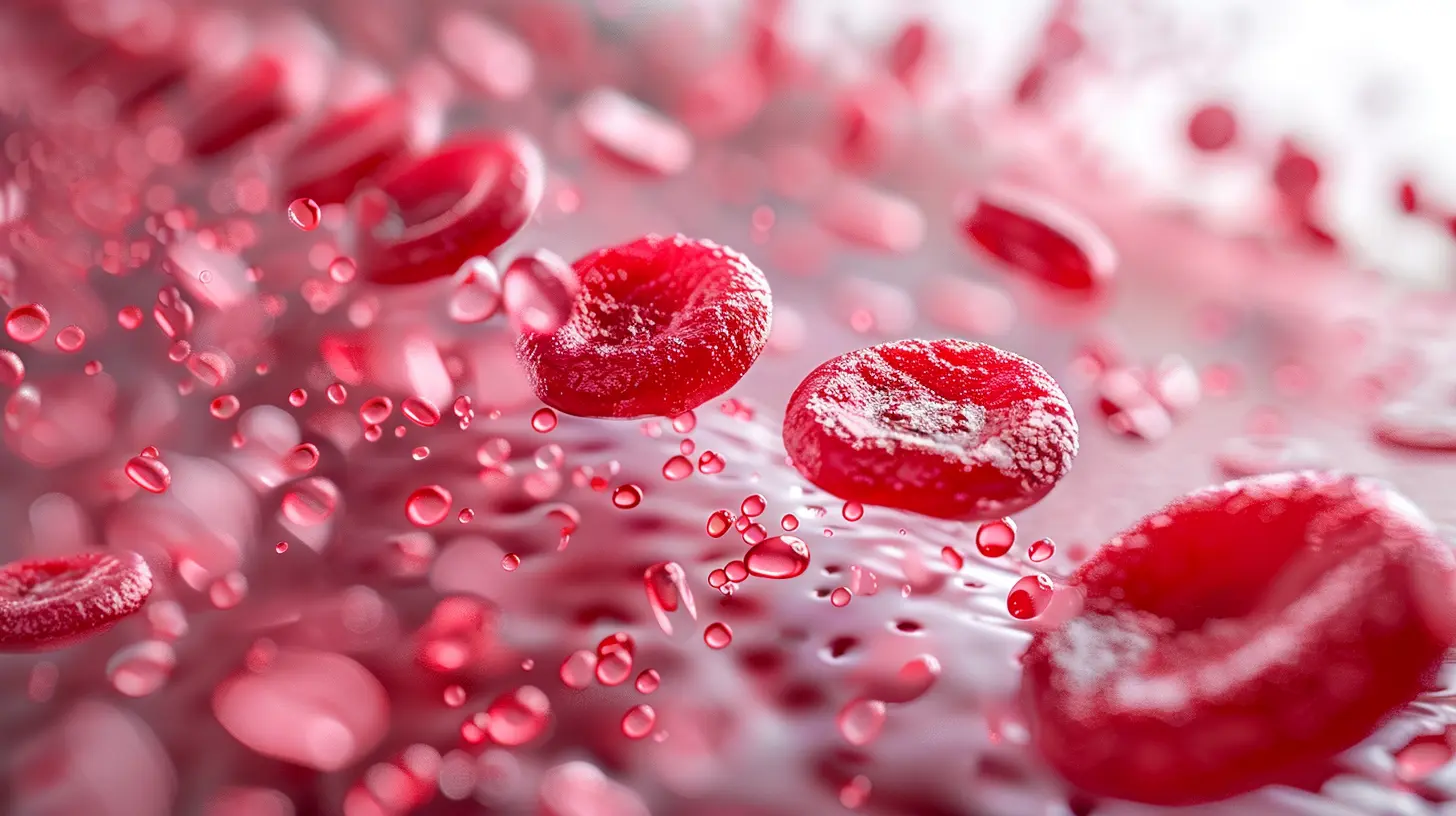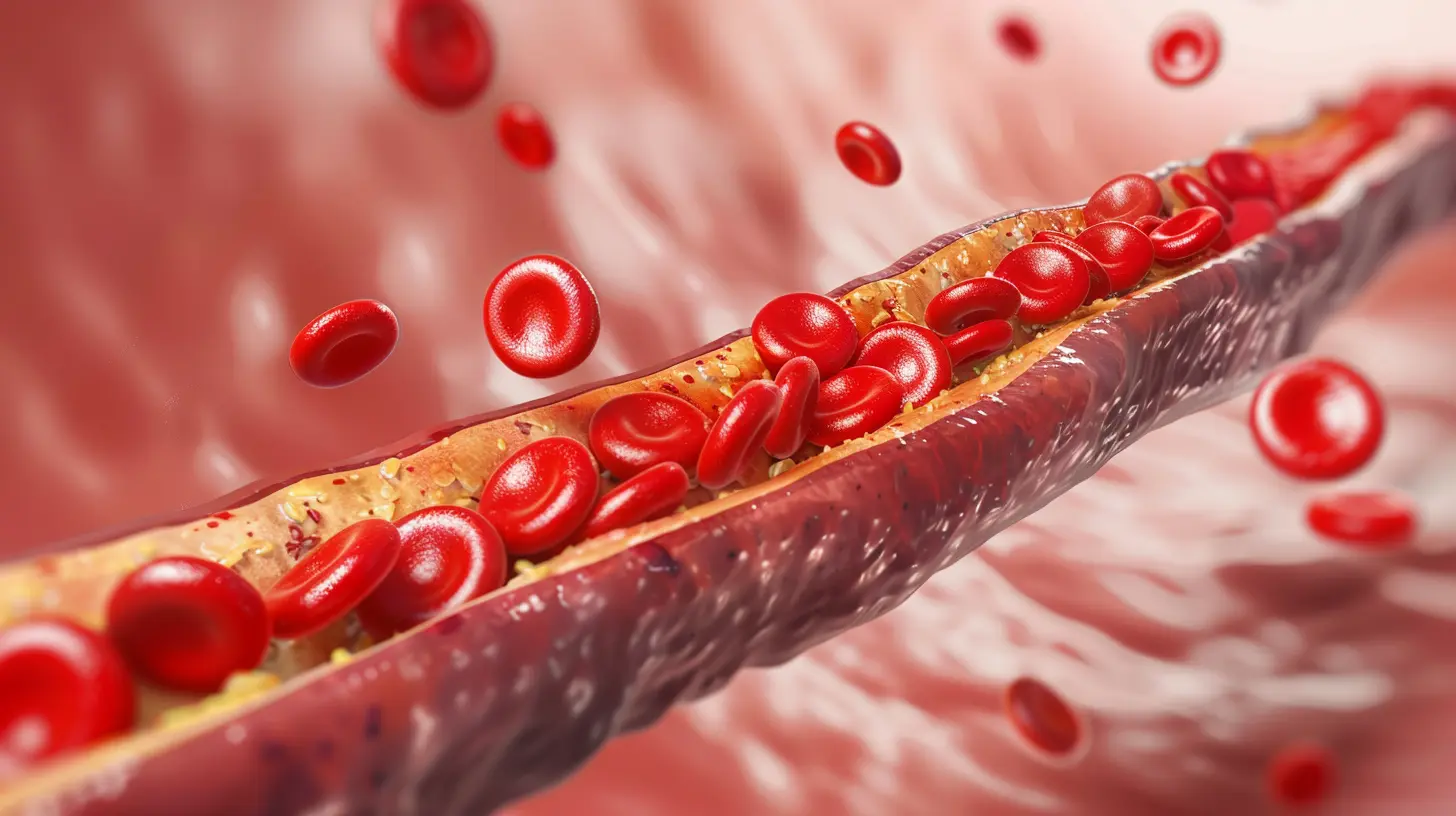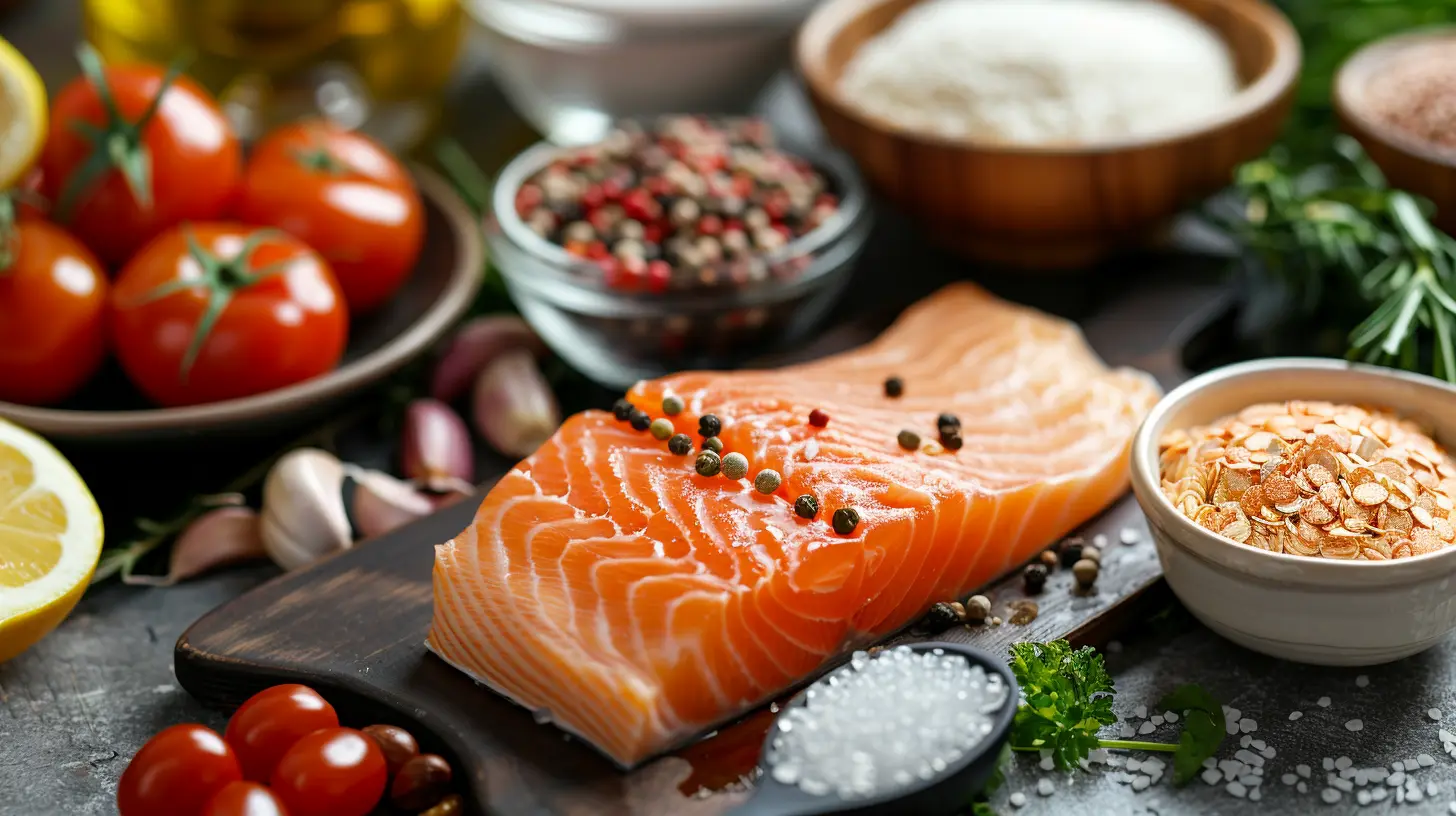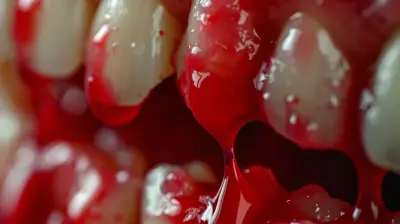22 March 2025
Menopause is a natural milestone in every woman’s life, but let’s be honest—it comes with its fair share of changes. From hot flashes to mood swings, menopause throws a lot at us. But one of the less talked about yet equally important topics is how menopause impacts cholesterol levels. Yep, your cholesterol may be sneaking onto the menopause roller coaster, too.
But don’t worry! In this guide, we’ll break down everything you need to know about cholesterol and menopause. I promise it won’t be a boring biology lesson. Instead, we’ll dive into what’s happening in your body, why it matters, and how you can take control of your health during this stage of life.

What’s Cholesterol, Anyway?
Before we dive into the nitty-gritty, let’s chat about what cholesterol is. Think of cholesterol as a waxy, fat-like substance that your body uses for important jobs, like building cells and creating hormones (including estrogen). It’s not inherently bad—your body needs it to run smoothly.But here’s the kicker: not all cholesterol is created equal. There are two main types:
- Low-Density Lipoprotein (LDL): This is often called "bad cholesterol" because it can build up in your arteries, leading to blockages.
- High-Density Lipoprotein (HDL): Think of this as the superhero of cholesterol. It helps remove LDL from your blood and keeps things in balance.
When cholesterol levels are off, you’re at a higher risk for heart disease, stroke, and other health problems.

The Menopause-Cholesterol Connection
So, what’s the deal with menopause and cholesterol? The connection boils down to hormones, particularly estrogen.Estrogen: Your Cholesterol Regulator
Estrogen plays a big role in keeping cholesterol levels in check. It helps maintain higher levels of HDL (the "good" cholesterol) while keeping LDL (the "bad" cholesterol) in line. Basically, estrogen acts like a traffic cop, ensuring everything flows smoothly.But during menopause, your estrogen levels drop significantly. And when this happens, your cholesterol levels can shift:
- LDL tends to increase: That means more "bad" cholesterol roaming around your bloodstream.
- HDL may decrease: Your superhero cholesterol might lose its mojo.
These changes can increase your risk of heart disease, which is already the leading cause of death in women. 
How to Spot Cholesterol Red Flags
Okay, so now you know menopause can affect your cholesterol. But how do you know if your levels are off? Unfortunately, high cholesterol doesn’t come with flashing neon signs or obvious symptoms. It’s sneaky like that.The best way to find out is by getting a lipid profile blood test. This measures your total cholesterol, LDL, HDL, and triglycerides (another type of fat in your blood). Ideally, you’ll want numbers like these:
- Total Cholesterol: Below 200 mg/dL
- LDL Cholesterol: Below 100 mg/dL
- HDL Cholesterol: 60 mg/dL or higher
- Triglycerides: Below 150 mg/dL
Your doctor can help you interpret these numbers and determine if you need to make changes. 
How to Manage Cholesterol During Menopause
Now for the good news: menopause and cholesterol might be linked, but you’re not powerless. You can make lifestyle tweaks to keep your heart healthy and your cholesterol levels in check. Let’s explore some practical tips.1. Revamp Your Diet
Food is fuel, but it’s also medicine. A heart-healthy diet can work wonders for managing cholesterol. Here’s what to focus on:- Eat More Fiber: Soluble fiber, found in foods like oats, beans, and apples, acts like a sponge, soaking up LDL cholesterol and removing it from your body.
- Choose Healthy Fats: Swap out saturated fats (found in butter and red meat) for unsaturated fats found in olive oil, avocados, and fatty fish like salmon.
- Limit Sugar: Added sugars can raise triglycerides, so try to cut back on soda, desserts, and processed snacks.
- Go Plant-Based: Incorporating more fruits, veggies, nuts, and seeds can help lower LDL levels.
Think of it this way: your diet is like a garden. The more you “plant” nutritious, wholesome foods, the fewer weeds (bad cholesterol) will sprout.
2. Keep Moving
Exercise isn’t just for weight management—it’s a fantastic way to boost your HDL (remember, the “good” cholesterol). Aim for at least 150 minutes of moderate exercise per week, like brisk walking, swimming, or cycling.Don’t worry; you don’t have to sign up for a marathon. Even small changes, like taking the stairs or going for a 20-minute walk after dinner, can make a difference.
3. Ditch the Cigarettes
If you’re a smoker, quitting is one of the best things you can do for your cholesterol—and your overall health. Smoking lowers HDL levels and damages your blood vessels, making it easier for LDL to cause mischief.4. Watch Your Weight
Menopause can sometimes make weight management trickier, thanks to changes in metabolism and hormone levels. But keeping a healthy weight is key for good cholesterol. It’s not about crash diets or perfection; it’s about finding a balance that works for you.5. Consider Medications if Necessary
Sometimes, lifestyle changes aren’t enough, and that’s okay. Your doctor may recommend cholesterol-lowering medications like statins. These can work alongside your diet and exercise efforts to get your levels back on track.Role of Supplements in Cholesterol Management
You may have heard about supplements that can help lower cholesterol. While they’re not a magic bullet, some can be beneficial, like:- Fish Oil: High in omega-3 fatty acids, fish oil can help lower triglycerides.
- Plant Sterols: Found in fortified foods, these can reduce LDL levels by blocking cholesterol absorption.
- Red Yeast Rice: A natural statin-like compound that may lower LDL, but talk to your doctor before trying it.
Remember, always consult your healthcare provider before starting any new supplements.
Why Heart Health Matters More Than Ever
Menopause marks a transition, but it’s also an opportunity to prioritize your health in new ways. Since menopause increases your risk of heart disease, managing cholesterol becomes even more critical.Think of your heart as the engine of a car—it powers everything you do. If you don’t take care of it, you might find yourself stuck on the side of the road.
Final Thoughts
Menopause is a time of change, and while it might feel overwhelming at times, understanding your body is half the battle. Cholesterol and menopause are closely tied, but with the right tools, you can navigate this stage of life with confidence.Focus on a balanced diet, regular exercise, and staying proactive about your health. And hey, don’t be afraid to ask your doctor questions—it’s your body, and you deserve to understand what’s happening under the hood.
So, here’s the bottom line: Menopause may try to shake things up, but you’re still the one in control. Take the reins, make small, consistent changes, and your heart (and future self) will thank you.







Jonah Diaz
Balance cholesterol, embrace menopause wisely!
April 1, 2025 at 2:30 PM